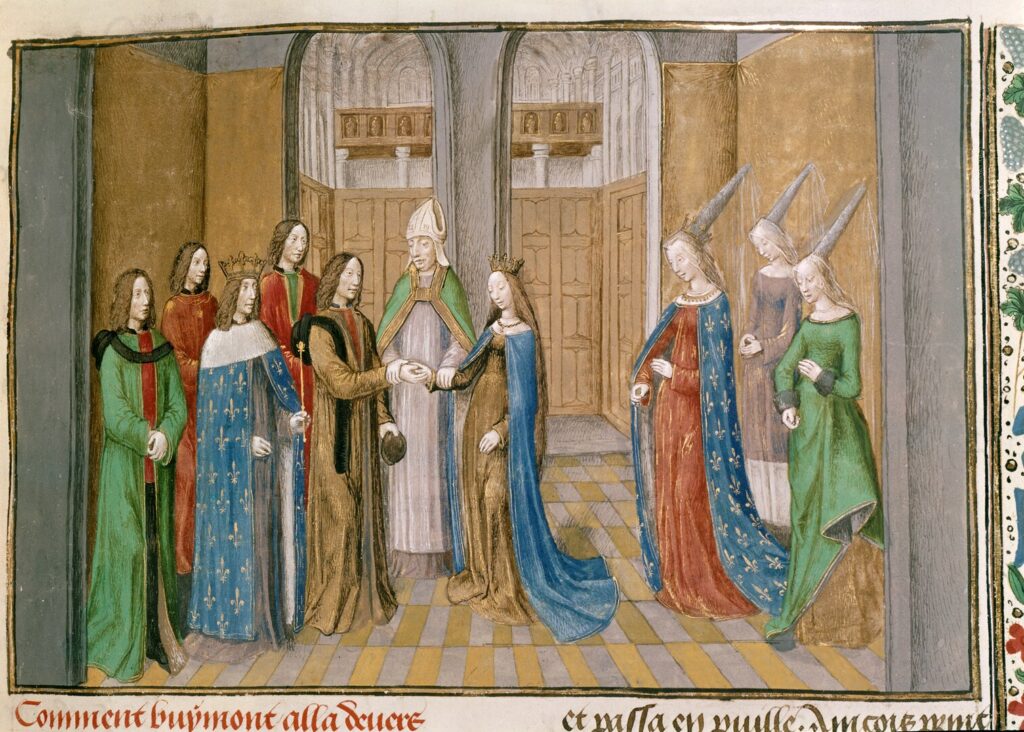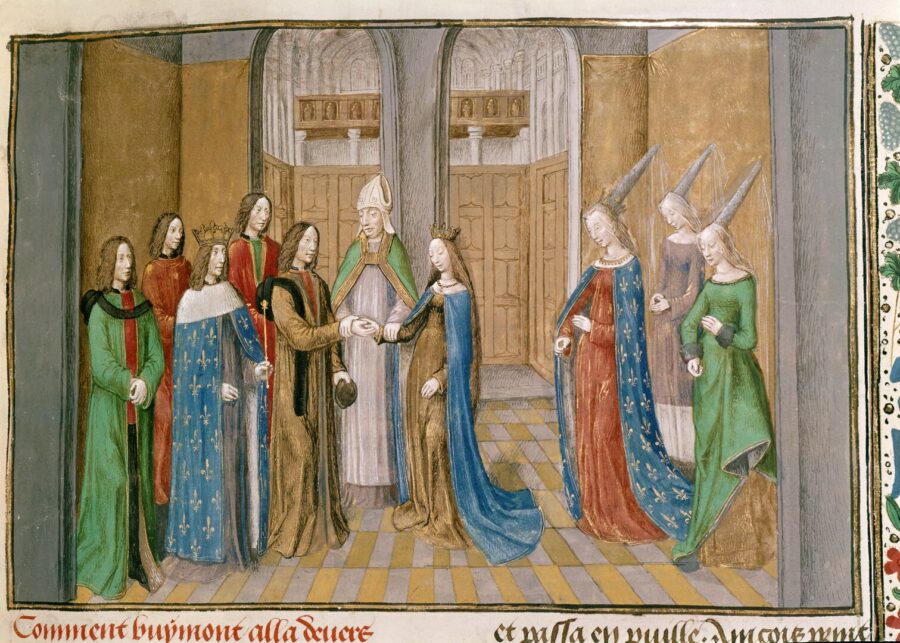 Daily Life and Responsibilities
Daily Life and Responsibilities
Women in medieval Europe played crucial roles in managing households, raising children, and supporting their communities. They were responsible for a range of domestic tasks, from cooking and cleaning to brewing and textile production. In rural areas, women also participated in agricultural work, helping with planting, harvesting, and tending to livestock.
Economic Contributions
Beyond their domestic responsibilities, women contributed significantly to the medieval economy. Many women worked as artisans, producing goods such as cloth, pottery, and baked goods. In urban areas, women often ran businesses, worked in markets, and participated in guilds. These economic activities provided essential support to their families and local economies.
Social and Political Influence
Women in medieval Europe also held social and political influence, particularly within their families and local communities. Noblewomen managed estates, arranged marriages, and engaged in diplomacy. Some women, like Eleanor of Aquitaine and Hildegard of Bingen, wielded considerable power and left a lasting impact on their societies through their political, cultural, and religious contributions.
Conclusion
Women in medieval European society were far from passive figures. Their contributions to domestic life, the economy, and social structures were integral to the functioning and development of medieval communities, reflecting their diverse roles and enduring influence.
Tags: #MedievalWomen #EuropeanHistory #SocialRoles
Category: Medieval Social Structures
